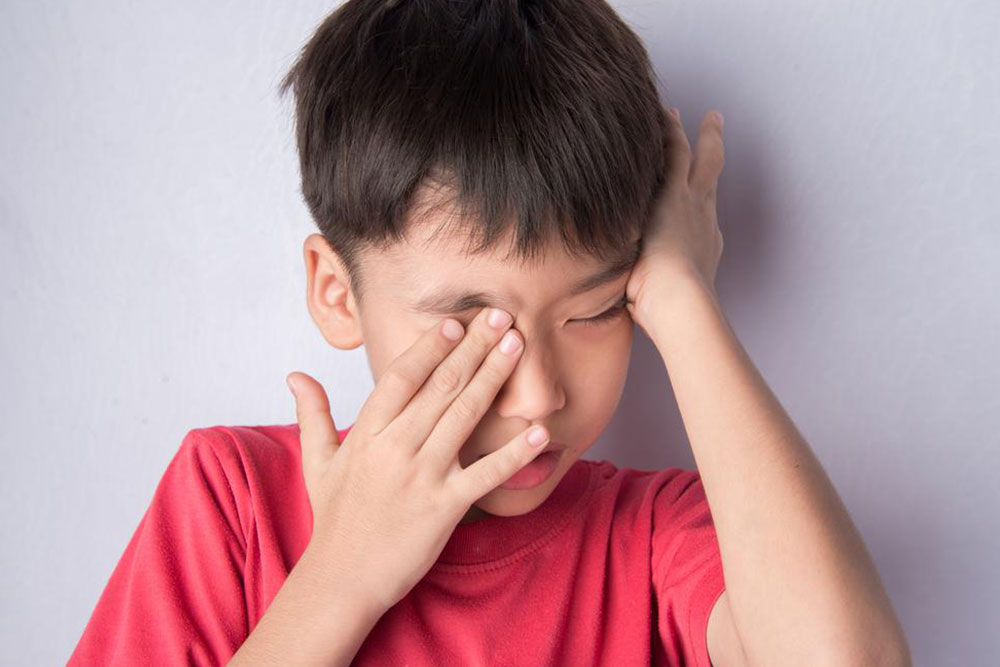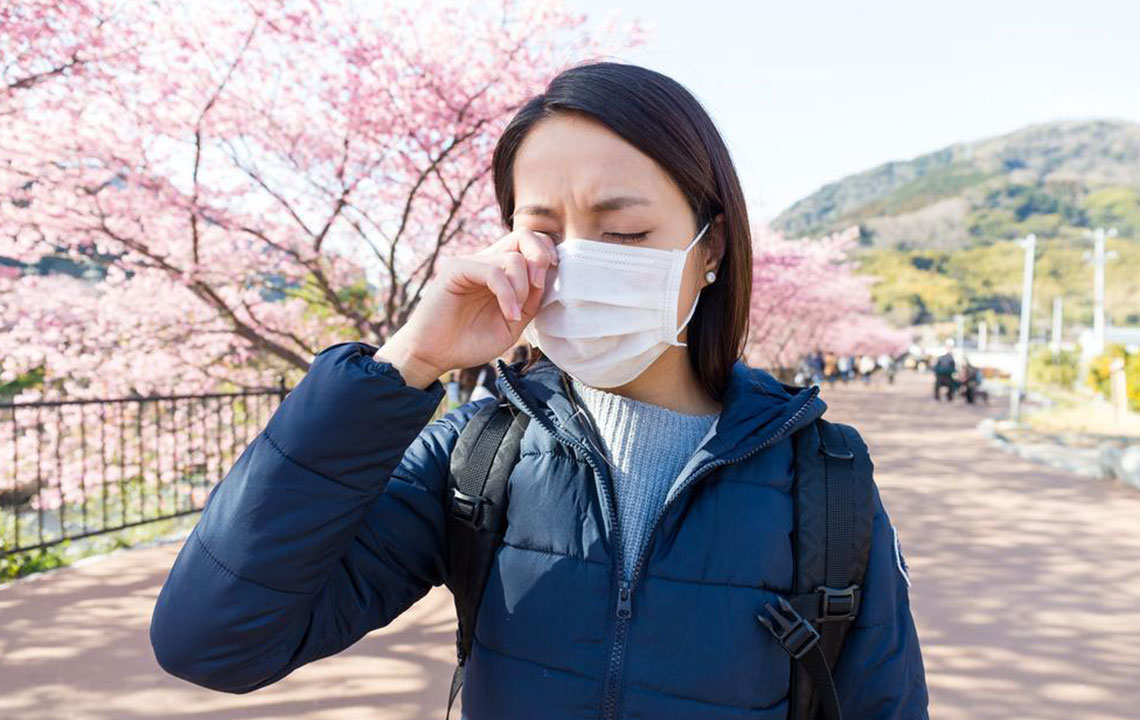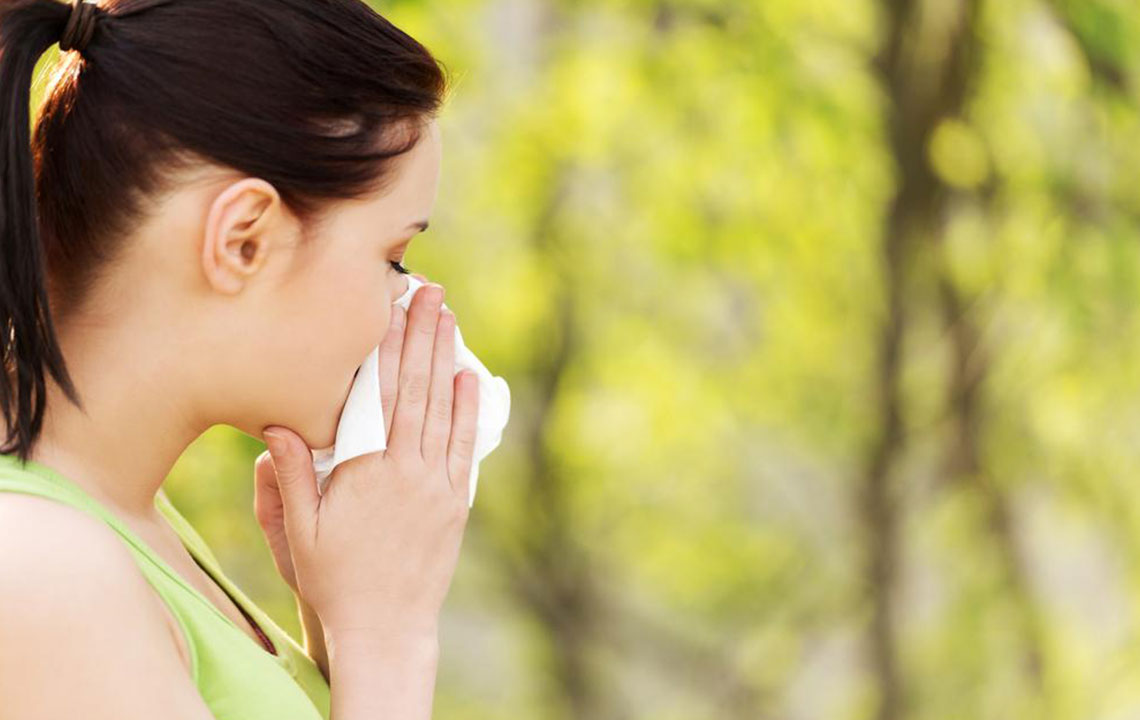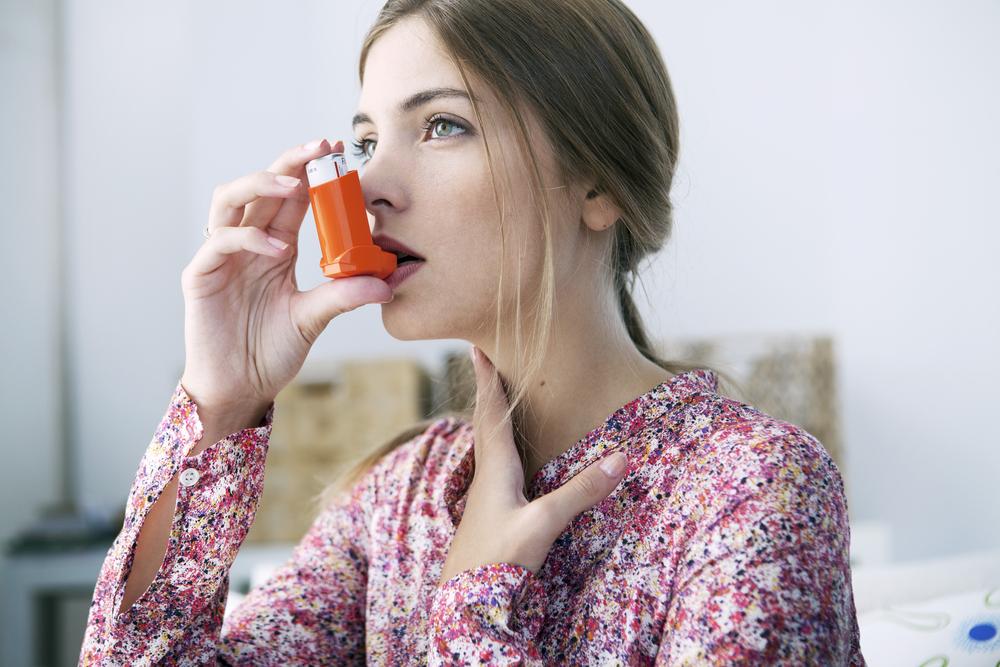Comprehensive Strategies for Relieving Itchy Eyes
This guide offers effective methods to treat itchy eyes caused by allergies. It covers trigger avoidance strategies, home environment adjustments, and medication options, including eye drops and allergy shots. Recognizing symptoms early and consulting healthcare professionals can significantly improve comfort and prevent further irritation. Practical tips like wearing sunglasses, maintaining clean surroundings, and controlling indoor humidity are essential for effective management. Whether dealing with pollen, dust mites, or pet allergens, this comprehensive approach helps alleviate discomfort and maintain eye health for allergy sufferers.
Sponsored
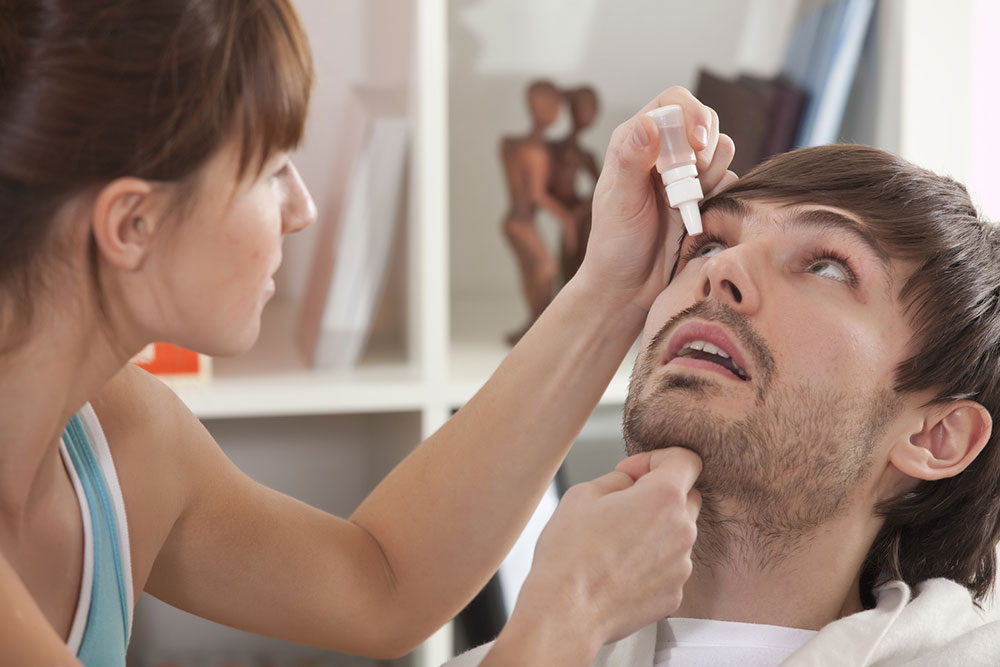
If your eyes become red, itchy, and swollen eyelids develop, you might be experiencing allergic conjunctivitis. Common triggers include pollen from trees, grasses, or weeds, as well as irritants like perfumes, cigarette smoke, and diesel fumes. When exposed to these allergens, your eyes release histamines, leading to redness, itching, and watery discharge. Recognizing symptoms like burning, mucus production, and light sensitivity helps in early identification and treatment.
Managing itchy eyes involves avoiding triggers—staying indoors during high pollen seasons, especially mornings and evenings. Using air conditioners instead of fans can prevent allergen entry. Wearing sunglasses outdoors and keeping car windows rolled up aid in protection. Dust mites, found in bedding and carpets, can also cause irritation; using allergen-proof pillow covers and washing linens regularly helps reduce exposure. Cleaning the house with a damp mop and minimizing dust-collecting items like rugs and curtains further helps to maintain a safe environment.
Monitoring indoor humidity with a dehumidifier minimizes mold growth, another source of allergies. Pet allergies require washing hands and clothing after contact. Since many allergens are airborne, consulting an allergist for personalized treatment is recommended. Medications like antihistamine eye drops and oral options provide short-term relief, while long-term solutions may include allergy shots and specialized eye drops. Always consult your physician before administering medications, especially to children, to ensure safety and efficacy.

